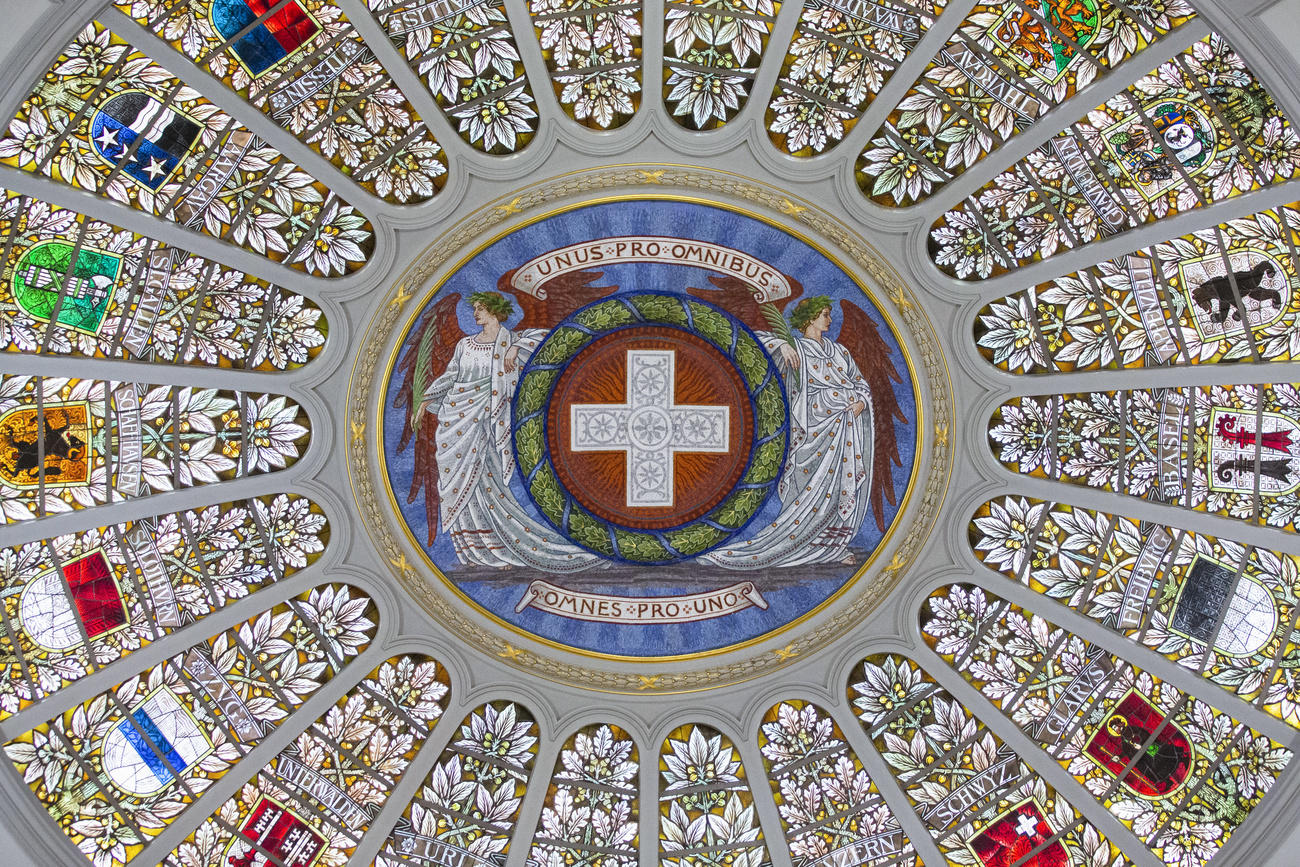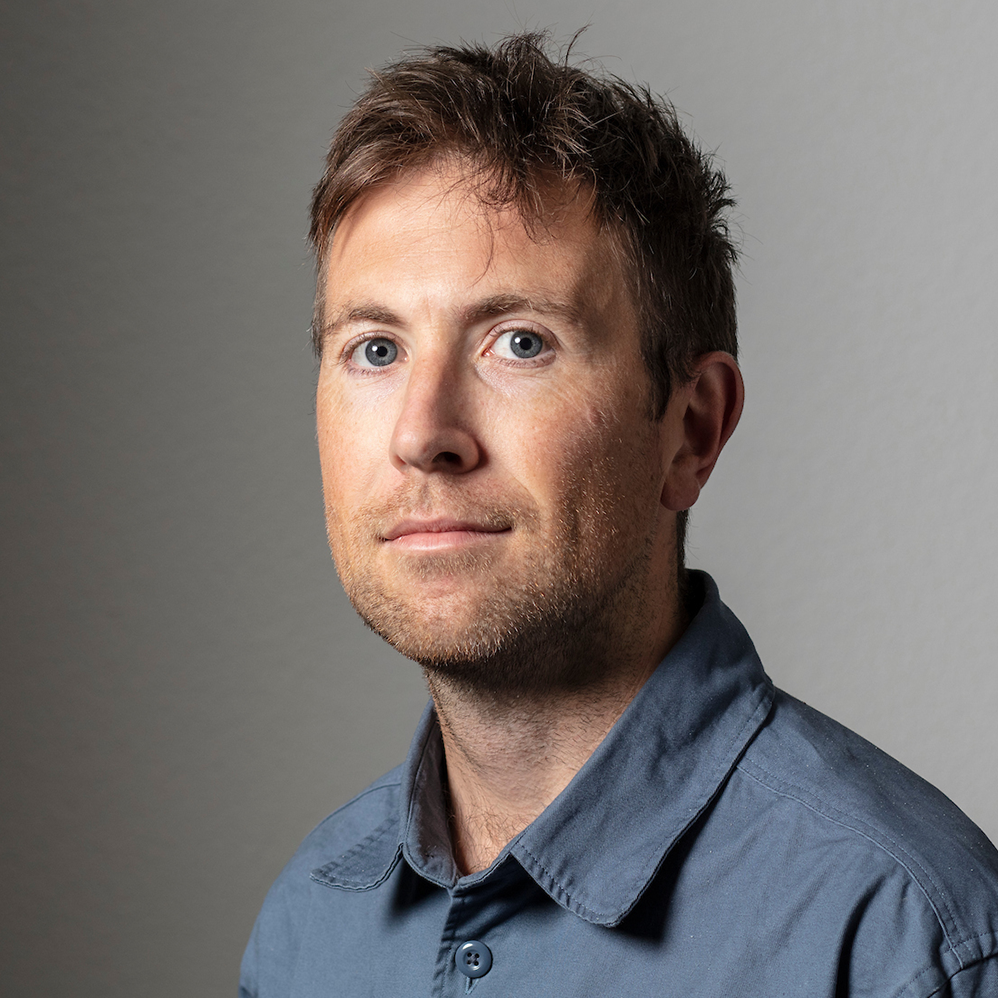Swiss elections: who needs a parliament anyway?

An overview of the latest Swiss and international democracy news from our direct democracy reporters.
As we said in our last newsletter – and the one before that – the big democracy focus in Switzerland at the moment is national elections, happening this Sunday.
If polls and analysts are to be believed (and in Switzerland they generally are), then the new four-year legislature will be slightly greener, slightly more female, and slightly more left leaning –albeit the rightwing People’s Party will remain the largest group.
You can find all of our news, analysis, and campaign coverage here.
Beyond the understated Swiss horse-race of the campaign, however, one question you might be asking yourself as avid readers of a newsletter is: why does Switzerland need a parliament in the first place?
If the country is such a DD paradise, and the people are consulted on everything from minarets to bike-lanes, why go through the rigmarole of electing 246 new representatives?
As our Italian-speaking colleagues reported recently, the divide is not so simple. Direct democracy and parliamentary democracy are complementary, not contradictory.
In Switzerland, for example, people have the right to either propose new constitutional amendments (by collecting 100,000 signatures), or challenge laws passed by Parliament (by collecting 50,000). This they do frequently. But for everything else – the nitty-gritty of legislating, hammering out the details of complex bills, electing the members of government, overseeing its budget, electing judges, and providing a symbolic representative space for the country – there is a parliament.
In fact it’s much like a parliament in other countries, albeit held doubly accountable by citizens, who not only elect the members but also challenge the laws they don’t like. That the vast majority of such laws (more than 95%) never come before a public vote shows that the system works (indeed, the threat of referendum pushes politicians towards more consensual, or representative, positions).

Taiwan wrap
Internationally, various swissinfo reporters recently returned from a mission to Taiwan, where they attended the Global Forum on Direct Democracy – a full week of events and discussions about how to transform people power into working participatory institutions.
The event – which will be held in the Swiss capital, Bern, next year – was notably the occasion to launch the International League of Democratic Cities, a global network that aims to give urban citizens a greater say in everyday affairs.
Bruno Kaufmann, swissinfo.ch’s global democracy correspondent, was one of the organisers of the Forum. Here’s his take on the week in Taiwan:
At the risk of exaggerating, the Global Forum week was a genuine once in a lifetime experience. As host nation for the world’s biggest gathering of direct democracy professionals, Taiwan made it clear why it is the place to be. It is not only one of the best international destinations for visitors but also the number one for long-term residents from across the globe, according to the annual Expat insider rankingExternal link.
The 350 international Forum participants originating from more than 60 countries first experienced a three-day democracy train tour around the island, before taking part in and listening to various panels and roundtables at Taichung’s National Chung Hsing University. The week was concluded by the Taipei Democracy City Summit.
Against the backdrop of the crisis in nearby Hong Kong, the week offered insights into contexts and situations of a working modern direct democracyExternal link.
That’s it! Stay connected to swissinfo.ch for all the news and aftermath of this weekend’s Swiss elections.

In compliance with the JTI standards
More: SWI swissinfo.ch certified by the Journalism Trust Initiative


You can find an overview of ongoing debates with our journalists here. Please join us!
If you want to start a conversation about a topic raised in this article or want to report factual errors, email us at english@swissinfo.ch.